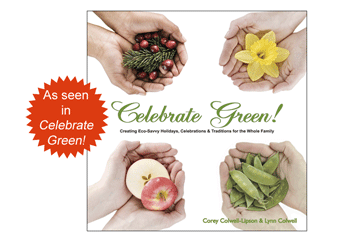Encounters with Cocoa
After nearly three years of campaigning on cocoa issues, it was very exciting to see real cocoa pods in person. Because cocoa can only grow in tropical climates, roughly 15 degrees north and south of the equator, it’s not a crop that will flourish in the United States. The cocoa pod is denser than I expected, and very much shaped like a football. (though smaller). The beans don’t seem too remarkable for being the basis of a multibillion dollar industry, and one of the most important exports of many West African nations. The butter is quite malleable, and can be used as a moisturizer, especially If you want to smell just like chocolate.
Here is cocoa in its various phases of production:
Cocoa Pods. The cocoa bean is in the center, surrounded by pulp.

Fermented and dried cocoa beans.

Cocoa mass or cocoa paste, made from drying, roasting and grinding the cocoa beans.

Cocoa butter, derived from the cocoa mass.

Cocoa powder, also derived from cocoa mass.
I can’t wait to go to actual farms next week!
**
This post is a part of a series of posts from Elizabeth O’Connell, the Fair Trade Campaigns Director for Green America. Elizabeth is currently in West Africa, representing Green America, the Raise the Bar Campaign, and thousands of conscientious American consumers at the World Cocoa Conference 2012.
To keep up with what is happening with this important opportunity, please check out the Green America Blog, which has additional posts, and will be updated more frequently by our Fair Trade Campaigns Director.






